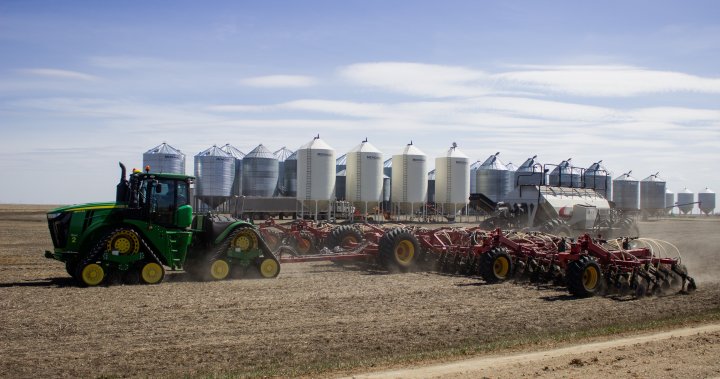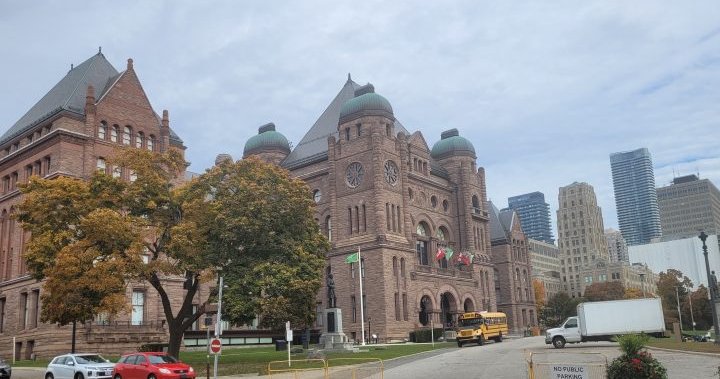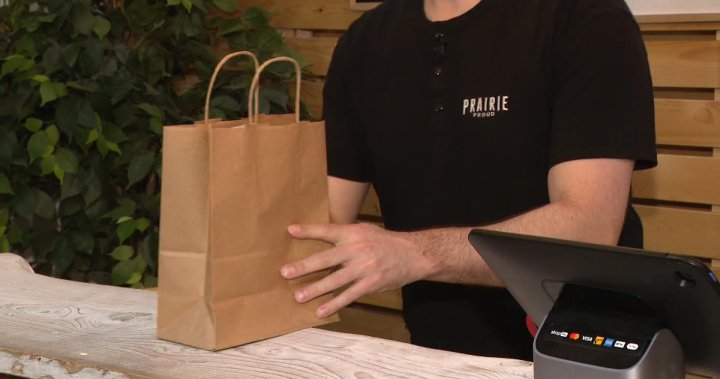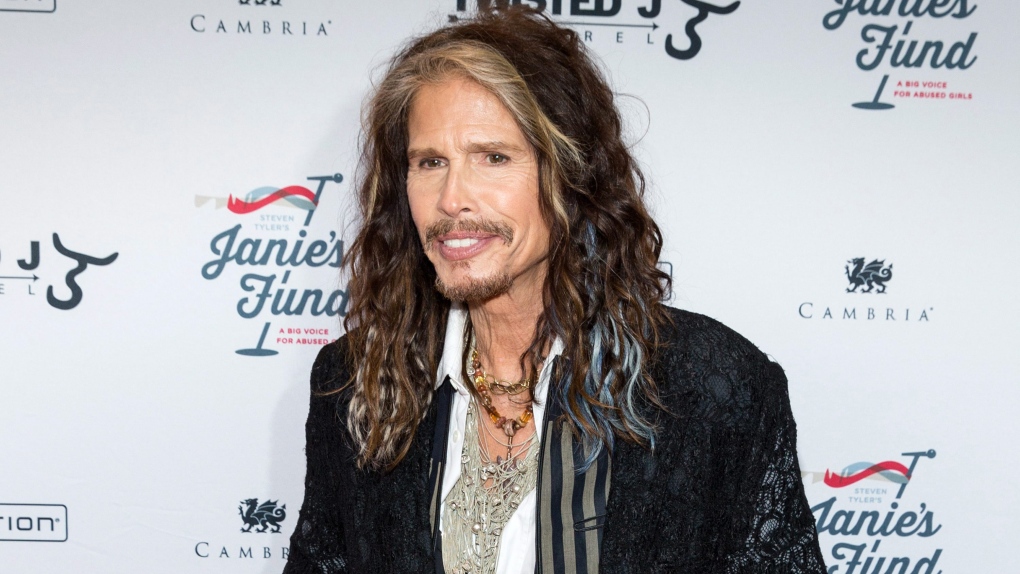As It Happens6:09Women who help fund Black-owned farms win prestigious James Beard culinary award
When Olivia Watkins was a farmer, she saw first-hand how difficult it was for Black people in the agricultural industry to access the funding they need to make their businesses thrive.
That’s why, in 2017, she co-founded the Black Farmer Fund, a non-profit that invests in Black-owned farms in the northeastern U.S. Since then, the organization has raised more than $1 million US to distribute as loans or grants.
This year, Watkins and Black Farmer Fund co-founder Karen Washington took home the Humanitarian of the Year prize at the 2023 James Beard Awards, which is widely considered one of the most prestigious honours in the culinary world.
Watkins spoke to As It Happens guest host Helen Mann about the award and the work her organization does. Here is part of their conversation.
Olivia, what does it mean for you to be recognized in this way?
We have worked hard to make the food system in the northeast region of the United States a just and equitable one. And so for the work to be recognized on a national stage — especially with an organization that is focused on creating good food for good — it means so much.
The Beard Awards are a big deal in the food community. How will this help you get your message out?
I think, if anything, it will illuminate some of the challenges that are in the food system. It will inspire others to commit to practising sustainable practices in their businesses.
It will allow others to have an opportunity … to invest and donate if they care about the causes that we are working on. And it will really just continue to push forward the work that we’re doing to create an equitable food system.
You have worked to help get Black-owned and operated farms off the ground. Is there one in particular that comes to mind when you think about being recognized for your work?
Trinity Farm, with [farmers] David … and Veronica Haughton. They are an 80-acre apple and plum orchard, and they were one of the first organic farmers in their county, and they’ve been farming for over 30 years.
We were able to support them with accessing capital in the height of COVID. Essentially all of their markets got wiped out overnight.
WATCH | The James Beard Foundation honours the Black Farmer Fund:
Can I ask how you approach financing organizations like this? I mean, you’re not charging 12 per cent interest. How do you do this?
The highest rate that we offer is, for instance, four per cent.
And we really start by getting to know the farmers first. And once we get to know the farmers, we really look to build services and community support around them.
A lot of the farmers and food businesses will get a combination of a grant and a loan that they could use for whatever they need in their business. So people will use it to buy tractors, to buy land, to pay down personal debt, to start new projects.
What is the reality for Black farmers in the United States today?
The reality is that there are not a lot of financial institutions that they could trust. And so that was one of the things that we set out to do.
For instance, in New York State alone, Black farmers are making [a net cash total of] -$906 US while other farmers are making $42,000 US. And so the racial wealth gap is massive across industries, but especially in the agricultural industry.
We’re really looking to right some of those wrongs and close that racial wealth gap.
The Black Farmer Fund has had these great successes. I’m wondering what you attribute that to?
I think it’s mainly about, you know, our grassroots organizing ways. We’re really relationally focused. We focus on building social capital, building community and building trust. That’s the most primary thing to us.
The transactional part of our work comes later. But we really see the farmers that we work with as equals, and we look for their input as we’re building out the organization.
Over the past few years, as you know, the James Beard Foundation has received quite a bit of criticism for its lack of diversity when it comes to nominees. Do you feel like there might be a shift happening in their approach?
I think there’s definitely a shift. I mean, this year at the awards there was so much diversity across the Best Chef categories, across the leadership awards, with Karen and myself being the first African-Americans for the Humanitarian of the Year award.
So I think they have a lot of people who are in positions of power who are aware of that and are looking to make those shifts to make sure that people who are underrepresented in the restaurant and agriculture industry are given the stage as well.
You mentioned the family that you helped through the pandemic. I’m wondering about other Black farmers that stand out for you, people who are going to benefit from the recognition of your work?
We have also invested in a couple of livestock farm operations. And so one of them raises halal meat livestock for West African migrant communities. Another one of them raises livestock for their community in Ithaca, New York.
Being able to have access to organic, free-range, culturally appropriate livestock for communities of colour is really, really important. And so we’ve been able to support those organizations with capital to dig well pumps, to have electricity, to build out a farm stand.
We’re really excited about that as well.

I understand that you are not currently a farmer, but you do have an inherent understanding of the challenges, because you started out as one. Tell us a bit about your family’s farm, what grows there and how it’s operated.
We steward land in North Carolina and we currently have a timber farm.
Before I transitioned into my role at Black Farmer Fund, I was growing shiitake mushrooms and I had a small apiary. And that was kind of where I first-hand was experiencing some of the difficulties around accessing capital from financial institutions.
My understanding and my background in that, and my family’s legacy in that, has really informed the work that I do today.







More Stories
Lack of rain means Saskatchewan producers get a head start on seeding | Globalnews.ca
Ontario NDP sets ultimatum for legislature keffiyeh ban, threatening to defy rules | Globalnews.ca
Confidence levels taking a hit as costs rise for local Saskatchewan businesses | Globalnews.ca